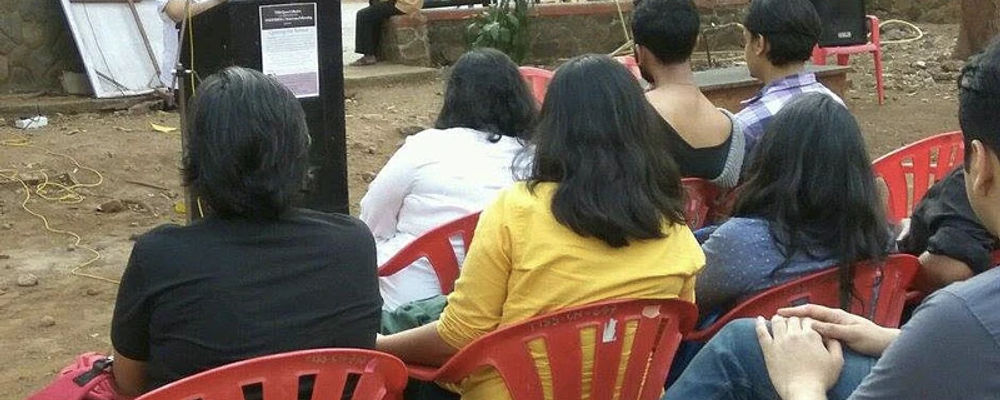How to Start a Queer Collective in India
Admin | 04-01-2022

“There was a lack of organisations working with Lesbian Bisexual Women and Trans issues apart from HIV in 2013-14,” says 31-year-old Ritambara Mehta. In 2014, Mehta and 37-year-old Rituparna Borah started Nazariya: A Queer Feminist Resource Group, with the aim to “sensitise the work and culture of groups and individuals that are working on issues of gender-based violence, livelihoods, education, and health from a LBT perspective”. Mehta and Borah worked out of coffee shops in South Delhi, and at one point even out of a Mahindra Xylo, with a printer in the backseat to print out flyers.
In 2016, they found a possible home in Aurobindo Apartments, in one of Delhi’s wealthier neighbourhoods. But the owner refused to rent it out to them on meeting Bohra, whom he knew from before. Borah says he was aware of Mehta’s sexual orientation and attributes this to his refusal to rent to them. “Aap aayenge toh nahi denge (If you come, I won’t rent it out),” Borah recalls him telling her. Nazariya finally found an office in South Delhi’s Kalu Sarai. It was one room of a four-room apartment, already occupied by three other research teams.
The challenges of setting up a queer collective don’t just end at finding office space. Nazariya soon discovered that funding was an even greater problem for collectives not working in the HIV space. They couldn’t use familial contacts either, as that meant having to come out.“My parents still don’t know what I work on. They just know I do gender-related work,” says Mehta.
To raise operational funds, Nazariya started workshops in schools and colleges, but these weren’t without problems. Mehta recounts an instance where students of a school had written in asking for a workshop, “but the principal didn’t want us, as we would use many explicit words”.
They’ve also tried the merchandising route, dropping a calendar/planner tracing the history of the queer movement in India commissioning only queer artists. This worked surprisingly well, as they sold 850 of the 1,000 they had printed.
Funding isn’t a problem limited to small organisations. The Humsafar Trust, one of India’s oldest LGBTQ organisations (established in 1994), started its Delhi chapter only in 2017. According to their programme officer, 27-year-old Gautam Yadav, funding is a constant problem. “Because Humsafar is a community-based organisation and not a donor agency, we have projects running for two to five years; so we have to apply for funds time to time for sustainability,” he says.